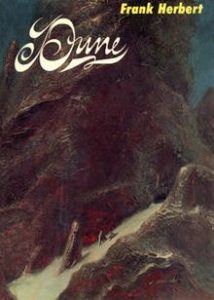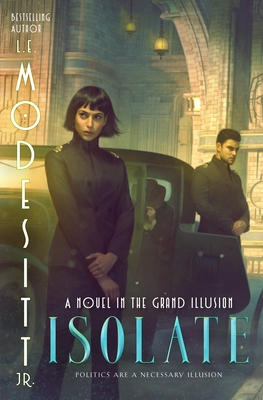 Isolate (The Grand Illusion #1) by L.E. Modesitt Jr.
Isolate (The Grand Illusion #1) by L.E. Modesitt Jr. Format: eARC
Source: supplied by publisher via NetGalley
Formats available: hardcover, paperback, ebook, audiobook
Genres: fantasy, gaslamp, political thriller, steampunk
Series: Grand Illusion #1
Pages: 608
Published by Tor Books on November 16, 2021
Purchasing Info: Author's Website, Publisher's Website, Amazon, Barnes & Noble, Kobo, Bookshop.org
Goodreads
L. E. Modesitt, Jr., bestselling author of The Mongrel Mage, has a brand new gaslamp political fantasy Isolate.Industrialization. Social unrest. Underground movements. Government corruption and surveillance.
Something is about to give.
Steffan Dekkard is an isolate, one of the small percentage of people who are immune to the projections of empaths. As an isolate, he has been trained as a security specialist and he and his security partner Avraal Ysella, a highly trained empath are employed by Axel Obreduur, a senior Craft Minister and the de facto political strategist of his party.
When a respected Landor Councilor dies of "heart failure" at a social event, because of his political friendship with Obreduur, Dekkard and Ysella find that not only is their employer a target, but so are they, in a covert and deadly struggle for control of the government and economy.
Steffan is about to understand that everything he believed is an illusion.
My Review:
The Grand Illusion of the series title is the illusion that the government (any government) can solve every problem and make everyone happy – all at the same time. But as the story unfolds it acknowledges that this is very definitely an illusion, that a government can possibly make nearly all of the people happy some of the time, that it can certainly make some of the people happy nearly all of the time, but that making all the people happy all the time is neither possible nor realistic.
Although good people in government can do their best to walk the tightrope, to do the best job they can for most people most of the time. If they devote their lives to it and are even willing to give those lives in order to do the most good for the most people most of the time – even in the face of those same people not recognizing that it’s being done while resenting that it isn’t being done nearly fast enough..
In other words, this is a political story, told through fascinating characters. It also reads like a story about how to potentially stage a coup from the inside – and how to stop it. That could just be reading the real-life present into the opening salvo in what I hope will be a long and fascinating series. But the interpretation feels right to me and your reading mileage may vary.
So Isolate examines the dirty business of politics, as seen through the eyes of someone with an intimate view of just how the sausage is made, as the saying goes, and finds himself on the inside of an attempt to make it better. Or at least tastier for considerably more people than is currently the case.
Isolate can be read as an exploration of how politics and government work as well as a continuous discussion about how they should work, but the story is wrapped around the characters and that both personalizes it and makes it easier to get swept up in the discussion right along with them. It can also be read simply as a “power corrupts” type of story and it certainly works on that level, but it’s also competence porn of the highest order and I absolutely could not put it down.
(Speaking of not being able to put this down, readers should be aware that the count of 608 pages is a serious underestimate. It’s 15,000 kindle locs. I know there’s not a direct translation from locs to number of pages, but as an example, Jade City by Fonda Lee, which is awesome, BTW, is 560 pages and 7684 kindle locs. No matter how loosely you do the math, based on my reading time Isolate is more likely 806 pages, or more, than it is 608, unless they are very large pages and the print is very, very small. It is absolutely worth reading, I loved every minute, but it will take more time than you might think it will from the page count.)
I recognize that I’m all over the map in this review. There is a lot to this book, and it’s one that made me think quite a lot as I was reading it.
As I said earlier, there were quite a few points where it felt like a story about how to stage a coup from the inside – and how to stop it. At first, I thought that those currently in power were setting up the kind of coup that nearly happened in the U.S. after the election, but it didn’t get to quite that level of skullduggery – not that there wasn’t plenty but it didn’t go quite that far in quite that direction.
But there’s also an element that the forces of “good” or at least the forces we follow and empathize with the most, are staging a coup from inside the government but outside of real power to make change. That feels kind of right, but as it’s handled in the story it’s legal and on the side of the “angels”.
While never glossing over the fact that politics is a dirty business, and even those on the side of the “angels” sometimes have to get their hands dirty – even if by proxy.
Escape Rating A+: What made this story work for me was the way that it completely embodied its political discussions and political maneuvering in its characters. There’s a lot of necessary exploration and explanation of what government can and can’t, and should and shouldn’t, do for its people, in this country that reads just enough like ours – or Britain – to feel relevant without feeling so close that it ends up being either a political treatise or a work of alternate history.
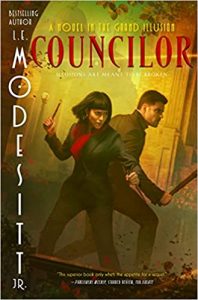 Instead, it ends up being the story of three people doing the best that they can to help their country in spite of everyone who tries to get in their way. In the process, they all rise above the place they expected to be, and that’s just the kind of story I love to sink into.
Instead, it ends up being the story of three people doing the best that they can to help their country in spite of everyone who tries to get in their way. In the process, they all rise above the place they expected to be, and that’s just the kind of story I love to sink into.
It takes a bit to get the reader firmly ensconced in this world with these characters, but once it does, it’s riveting. And it ends, not so much with triumph – although that element is there – but with the sure and certain knowledge that Steffan, Avraal and Obreduur have plenty of work left to do. They’re eager to get started, and I’m eager to read what happens next in Councilor, due in August 2022.

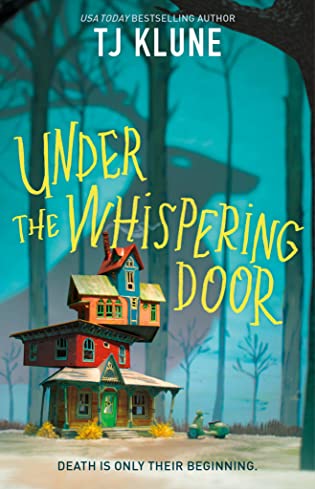 Under the Whispering Door by
Under the Whispering Door by 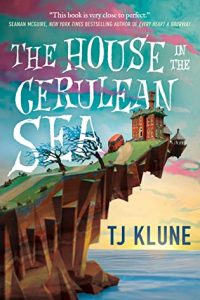 One final set of thoughts. This is being marketed as fantasy because of the author’s previous work in the genre, like the lovely
One final set of thoughts. This is being marketed as fantasy because of the author’s previous work in the genre, like the lovely 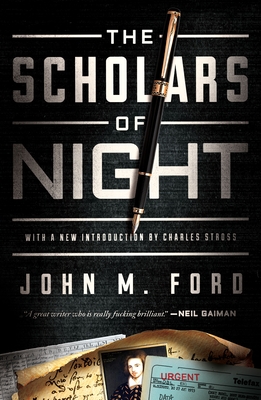 The Scholars of Night by
The Scholars of Night by 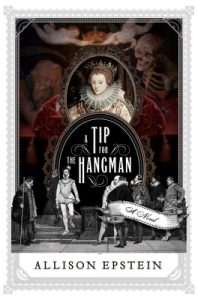 Escape Rating A: The story in The Scholars of Night is complex and convoluted and wonderful. No one trusts anyone else, no one is really on anyone else’s side, everyone is waiting for everyone else to betray them – with good reasons – and everyone is unreliable because no one is telling the truth about anything even when they think they know the truth.
Escape Rating A: The story in The Scholars of Night is complex and convoluted and wonderful. No one trusts anyone else, no one is really on anyone else’s side, everyone is waiting for everyone else to betray them – with good reasons – and everyone is unreliable because no one is telling the truth about anything even when they think they know the truth.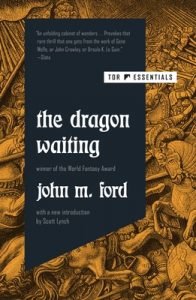 Reviewer’s Note: The story about how this book and the rest of John M. Ford’s work went so thoroughly out of print – with the exception of his Star Trek novelizations – and how they finally got back into print (and ebook for the first time!) is a bit of a puzzle story in and of itself.
Reviewer’s Note: The story about how this book and the rest of John M. Ford’s work went so thoroughly out of print – with the exception of his Star Trek novelizations – and how they finally got back into print (and ebook for the first time!) is a bit of a puzzle story in and of itself.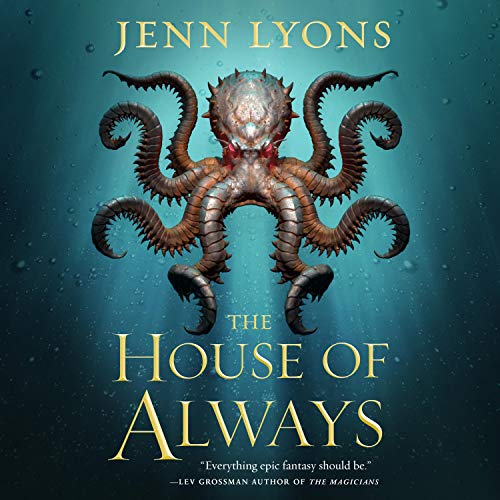 The House of Always (A Chorus of Dragons, #4) by
The House of Always (A Chorus of Dragons, #4) by 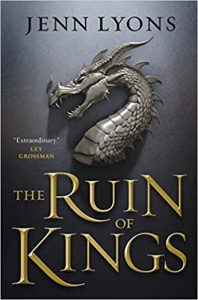 Escape Rating A: There is, as is ALWAYS true of this series, a lot to unpack in this entry. And just like all of the previous books in the series, you won’t care to unpack it or understand why it’s important to unpack if you haven’t read the previous books. Start with
Escape Rating A: There is, as is ALWAYS true of this series, a lot to unpack in this entry. And just like all of the previous books in the series, you won’t care to unpack it or understand why it’s important to unpack if you haven’t read the previous books. Start with 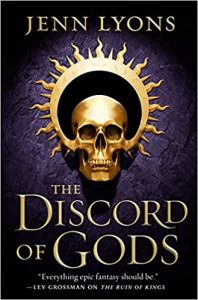 Both sides believe that Kihrin is just a pawn they’ve been playing with for cycles and millennia. He thinks he’s got them fooled, and that he’s playing them in order to save the people he loves – and everyone else – into the bargain.
Both sides believe that Kihrin is just a pawn they’ve been playing with for cycles and millennia. He thinks he’s got them fooled, and that he’s playing them in order to save the people he loves – and everyone else – into the bargain.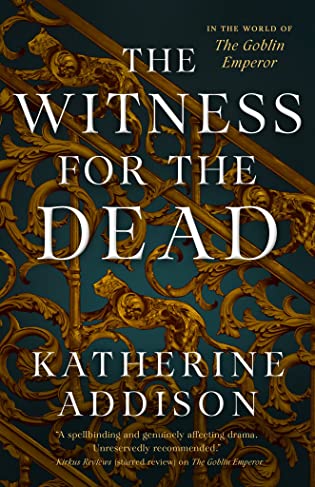 The Witness for the Dead (The Goblin Emperor, #2) by
The Witness for the Dead (The Goblin Emperor, #2) by 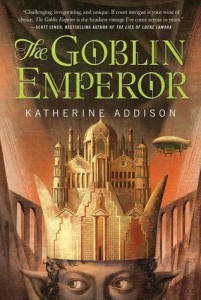 Escape Rating A+: Based on the blurb, this wasn’t exactly what I expected. And it doesn’t matter because I absolutely loved it.
Escape Rating A+: Based on the blurb, this wasn’t exactly what I expected. And it doesn’t matter because I absolutely loved it.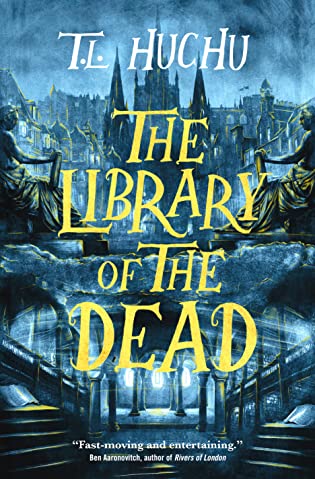 The Library of the Dead (Edinburgh Nights, #1) by
The Library of the Dead (Edinburgh Nights, #1) by 
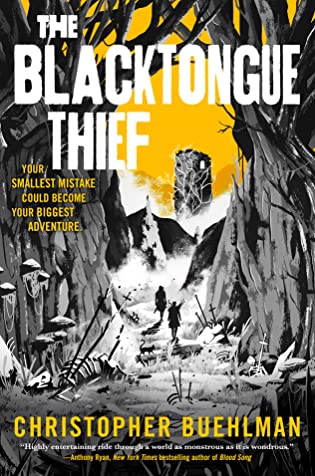 The Blacktongue Thief (Blacktongue, #1) by
The Blacktongue Thief (Blacktongue, #1) by 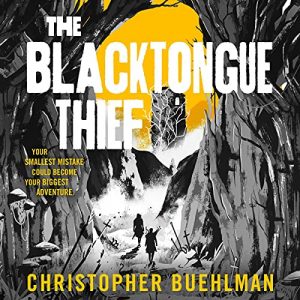
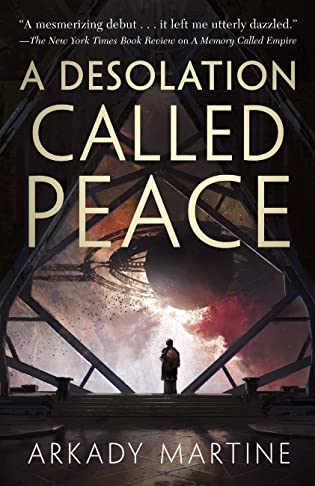 A Desolation Called Peace (Teixcalaan, #2) by
A Desolation Called Peace (Teixcalaan, #2) by 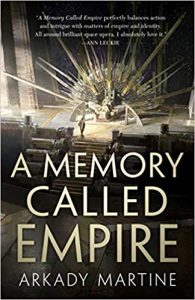 We begin not terribly long after Mahit Dzmare returned to her home, tiny, independent(ish) Lsel Station, after the tumultuous events of
We begin not terribly long after Mahit Dzmare returned to her home, tiny, independent(ish) Lsel Station, after the tumultuous events of  One last thought before this review rivals the book for length. I began
One last thought before this review rivals the book for length. I began 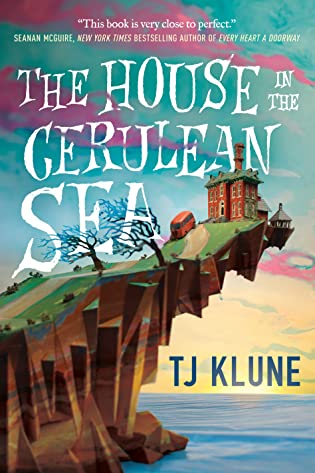 The House in the Cerulean Sea by
The House in the Cerulean Sea by 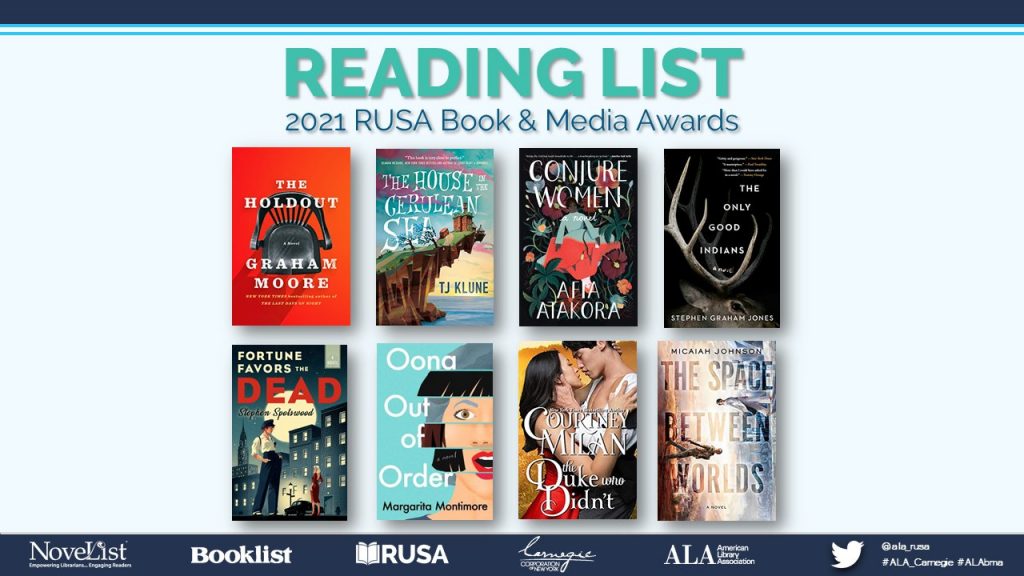
 Dune: The Duke of Caladan by
Dune: The Duke of Caladan by 